Central to the functioning of an e-bike is its battery, which powers the motor and enables riders to enjoy assisted pedaling. Understanding the answer of how long does an ebike battery lasts and implementing proper maintenance practices are crucial for maximizing its longevity and ensuring uninterrupted rides. In this comprehensive guide, we will delve into the factors influencing the lifespan of e-bike batteries, general rules for calculating battery range, effective strategies to extend battery life, and essential maintenance tips, to ensure you get the most out of your electric bike investment.

How Long Do Ebike Batteries Last?
The lifespan of an ebike battery varies depending on several factors such as battery type, usage patterns, charging habits, and environmental conditions. Generally, lithium-ion batteries, commonly used in ebikes, last between 2 to 5 years with regular use. However, individual experiences may differ due to these influencing factors.
General Rules for Calculating Battery Range
Understanding how long does ebike battery last for one-time riding is essential for planning rides and ensuring you don't get stranded midway. The following general rule can help you calculate the approximate distance your ebike can travel on a single charge:
To determine the range of your ebike, you'll first need to calculate its watt-hour (Wh) capacity using the following formula:
Volts × times Ampere hours = Watt Hours
For instance, if your ebike battery has a voltage of 40 volts and an ampere-hour (Ah) rating of 10, its watt-hour (Wh) capacity should be:
40 Volts × times 10 Ah = 400Watt Hours
Now, let's translate this into real-world range. If we assume that your ebike consumes 20 watt-hours per mile, we can calculate the estimated range:
400 Watt Hours / 20 Watt Hours per mile = 20 miles
So, with a battery capacity of 400 watt-hours, you can expect your ebike to travel approximately 20 miles on a single charge under typical conditions.
To get a more accurate estimation of your ebike's range, it's recommended to monitor your battery usage during rides and adjust your calculations accordingly. Additionally, many manufacturers of electric bikes provide range calculators or apps that take into account various factors to provide a more precise estimation of battery range.
How to Extend the Life of Your Electric Bike Battery?

Proper maintenance and care can significantly extend the lifespan of your ebike battery. Here are some essential tips to help you get the most out of your battery:
1. Keep the Battery at Optimal Temperature
Maintaining the battery at the recommended temperature range is crucial for its longevity. Avoid exposing it to extreme heat or cold, as this can accelerate degradation. Store your ebike in a cool, dry place when not in use to prevent temperature-related damage.
2. Store Partially Charged Batteries
When storing your electric bike for an extended period, it's advisable to store the battery at around 30% - 80% charge. This helps prevent both overcharging and complete discharge, which can negatively impact battery health. However, avoid storing the battery at too low a charge level, as this can lead to self-discharge and potential damage.
3. Do Not Completely Discharge the Battery Regularly
Lithium-ion batteries, commonly used in electric bike batteries, prefer partial discharge cycles over complete discharge. Avoid fully draining the battery regularly, as this can lead to premature wear and reduce its overall lifespan. Instead, aim to recharge the battery before it reaches a critically low level.
4. Do Not Immerse the Battery in Water
Water exposure can be detrimental to the performance and safety of your electric bike battery. Avoid immersing the battery in water or exposing it to excessive moisture, as this can lead to corrosion and internal damage. If your ebike gets wet, ensure the battery compartment remains dry and take measures to protect the battery from water ingress.
5. Remove the Battery of an Electric Bicycle during Transportation
During car transportation, it's advisable to remove the battery from your electric bicycle. This helps prevent damage caused by vibrations, impacts, or accidental dislodgment. Store the battery securely in a padded bag or case to protect it during transit.
6. Use Only the Charger Provided by the Manufacturer
Using the charger that comes with your electric bike is crucial for maintaining battery health. Chargers are specifically designed for the voltage and amperage requirements of your bike's battery. Using a non-compatible charger can lead to overcharging, undercharging, or even damage to the battery, potentially posing safety risks.
7. Regularly Check Battery Connections and Contacts
Ensure that the battery connections and contacts are clean and secure. Dirt, grime, or corrosion can interfere with the efficiency of power transfer, leading to decreased performance and increased strain on the battery. Regularly inspect and clean these contacts with a dry cloth to maintain optimal connectivity.
8. Avoid Extreme Riding Conditions
Extreme riding conditions, such as very steep hills or carrying heavy loads, can overstrain your electric bike's battery and motor. Continuously pushing your e-bike to its limits can lead to faster battery depletion and reduced lifespan. Try to maintain a moderate pace and avoid excessively challenging terrains for longer battery life and overall better performance of your e-bike.
Conclusion
By understanding how long do electric bike batteries last, the factors influencing the lifespan of your e-bike battery and implementing effective maintenance practices, you can maximize its longevity and ensure optimal performance. Whether you're a daily commuter or a weekend adventurer, these tips will help you get the most out of your electric bike riding experience.
FAQ
What is the battery life of an e-bike?
The battery life of an ebike typically ranges from 2 to 5 years with regular use. However, this can vary depending on factors such as usage patterns, charging habits, and environmental conditions.
Can the battery of an electric bike be replaced?
Yes, most ebike batteries are replaceable. When the battery reaches the end of its lifespan or no longer holds a charge effectively, it can be replaced with a new one. Many ebike manufacturers offer replacement batteries or battery upgrade options to prolong the life of your electric bike



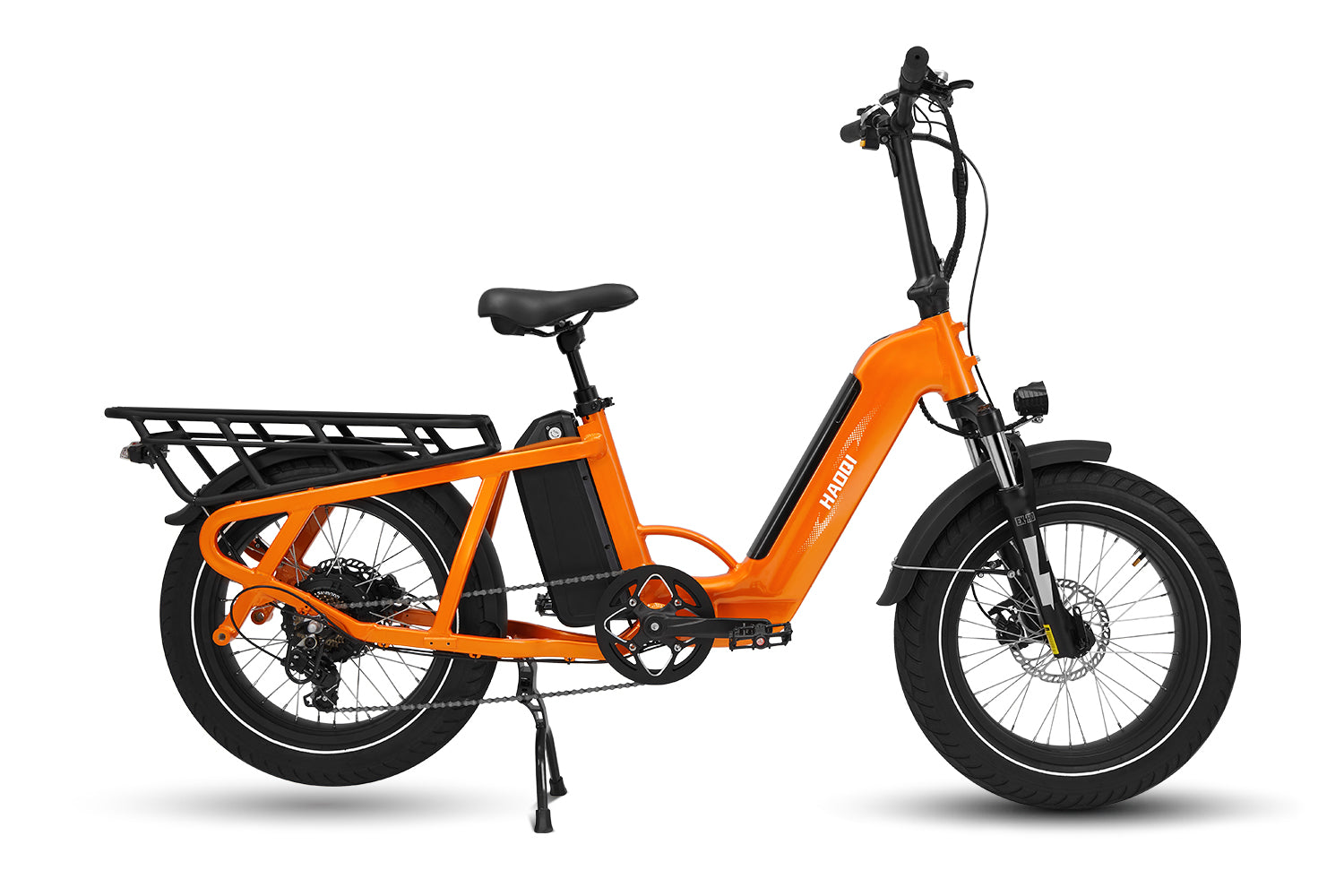
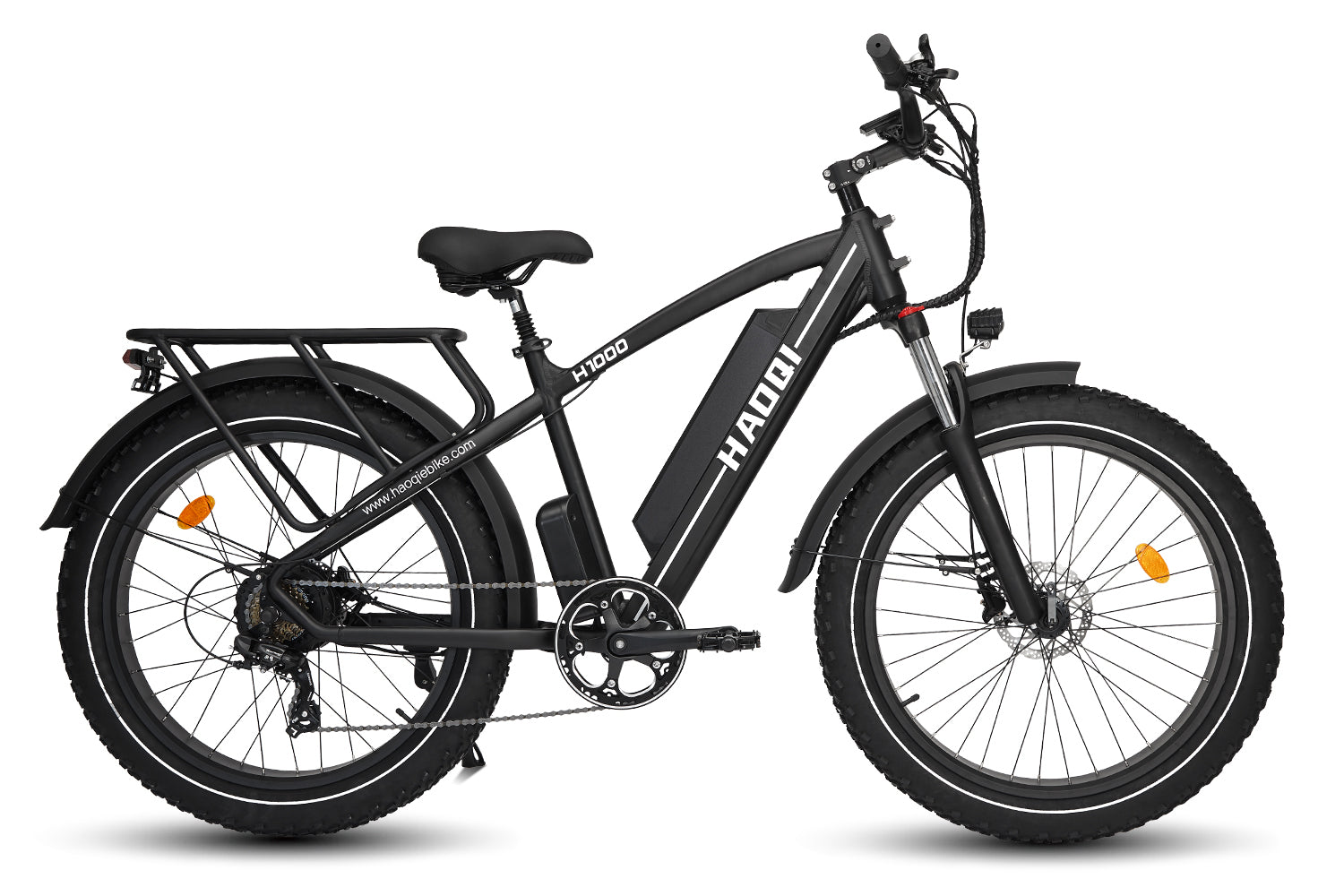
![HAOQI Antelope 500W Cargo Electric Bike (UL Certified) [electric bike] [HAOQI ebike]](http://haoqiebike.com/cdn/shop/products/haoqi-antelope-cargo-electric-bike-with-dual-battery-haoqiebike-com-1.jpg?v=1753954498&width=1500)
![HAOQI Squirrel Folding Electric Bike (UL Certified) [electric bike] [HAOQI ebike]](http://haoqiebike.com/cdn/shop/files/1_03c67b67-715e-4617-a648-51f108ceb425.jpg?v=1766473332&width=1500)
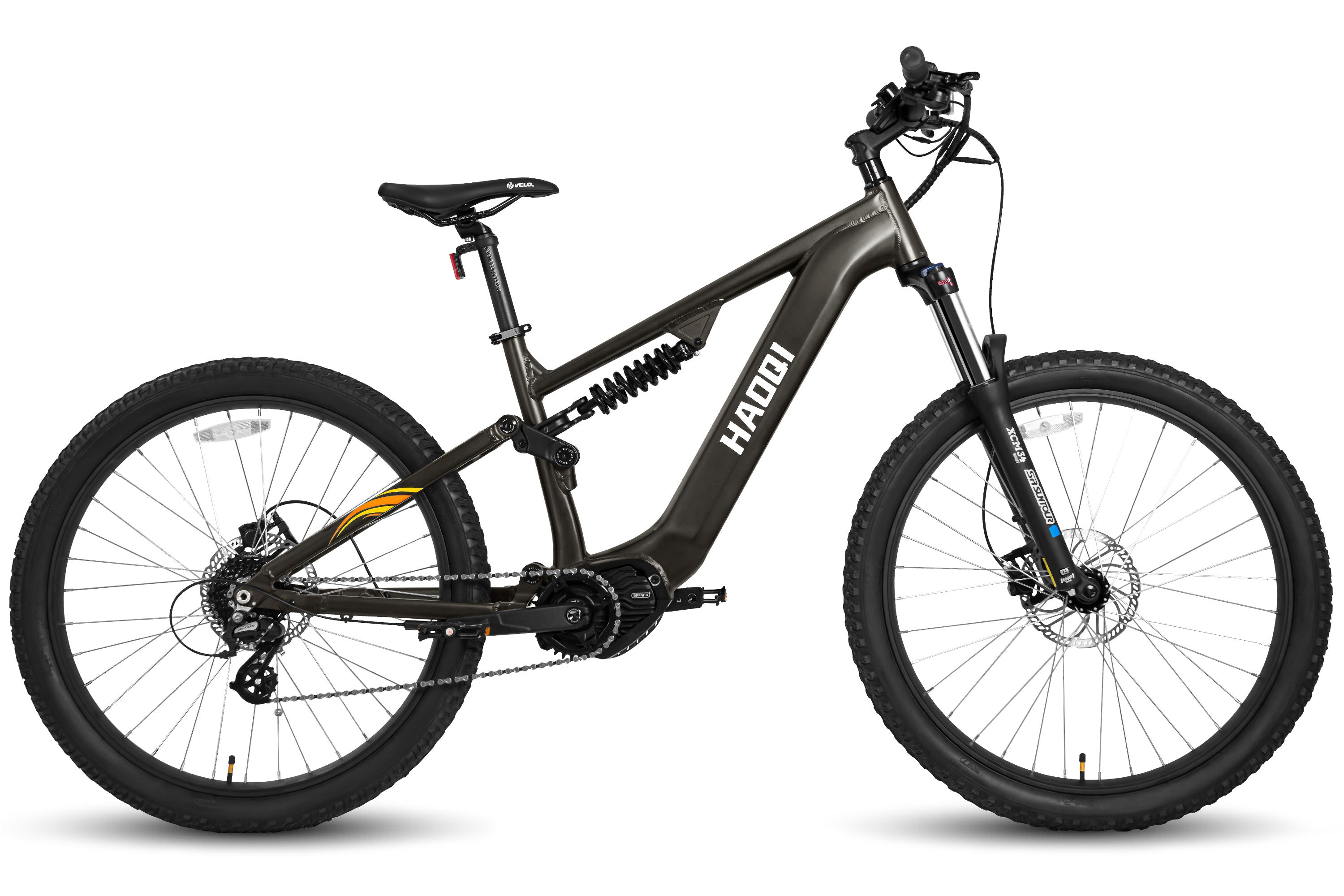
![HAOQI Eagle Long Range Electric Bicycle (UL Certified) [electric bike] [HAOQI ebike]](http://haoqiebike.com/cdn/shop/files/2_bf7ae46b-aad6-472a-9c14-d56ca3f0feb6.jpg?v=1755142722&width=1500)

![HAOQI Antelope Pro 750W Cargo Electric Bike (UL Certified) [electric bike] [HAOQI ebike]](http://haoqiebike.com/cdn/shop/products/haoqi-antelope-pro-cargo-electric-bike-with-dual-battery-750w-haoqiebike-com-1.jpg?v=1751610204&width=1500)


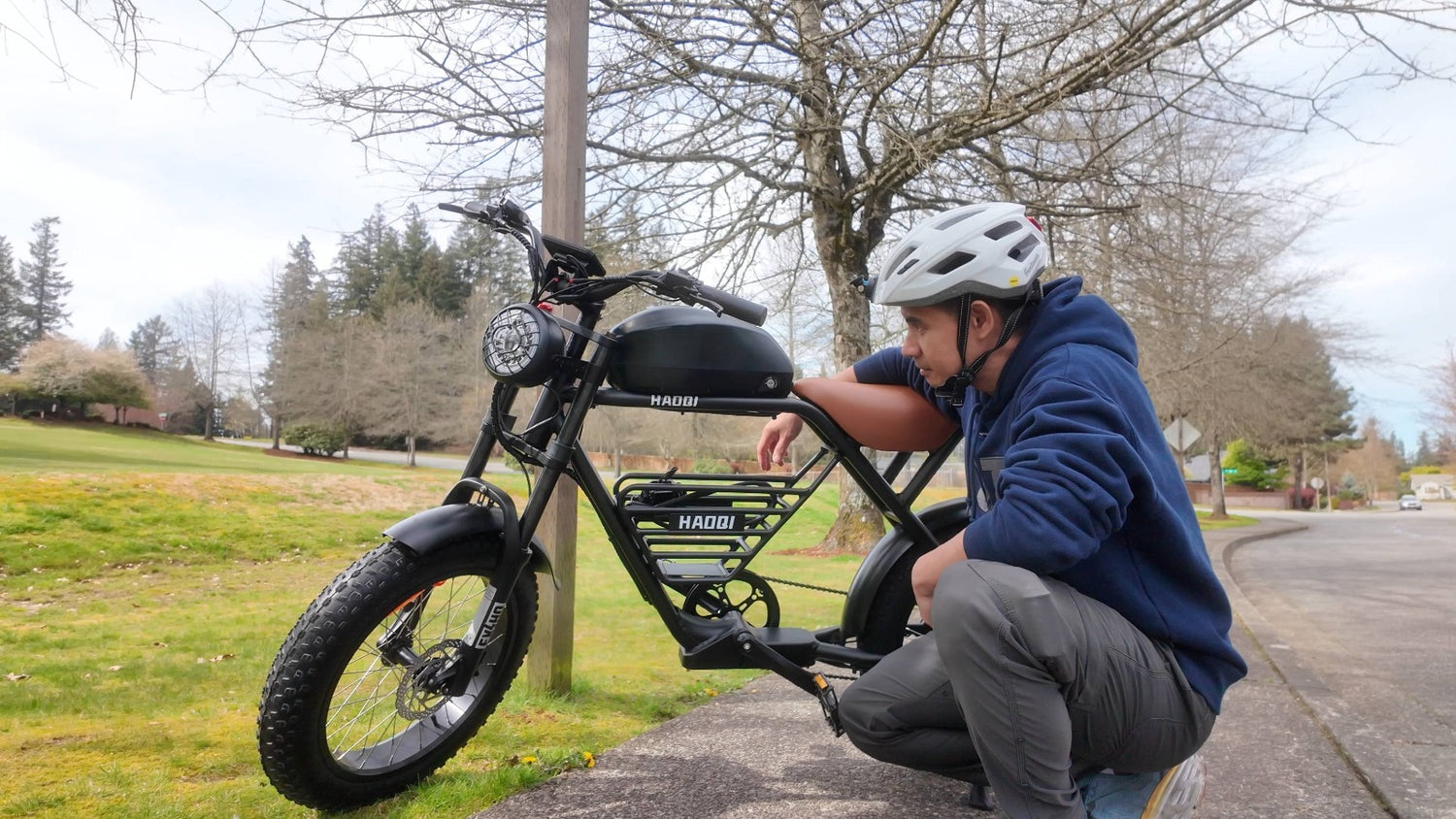

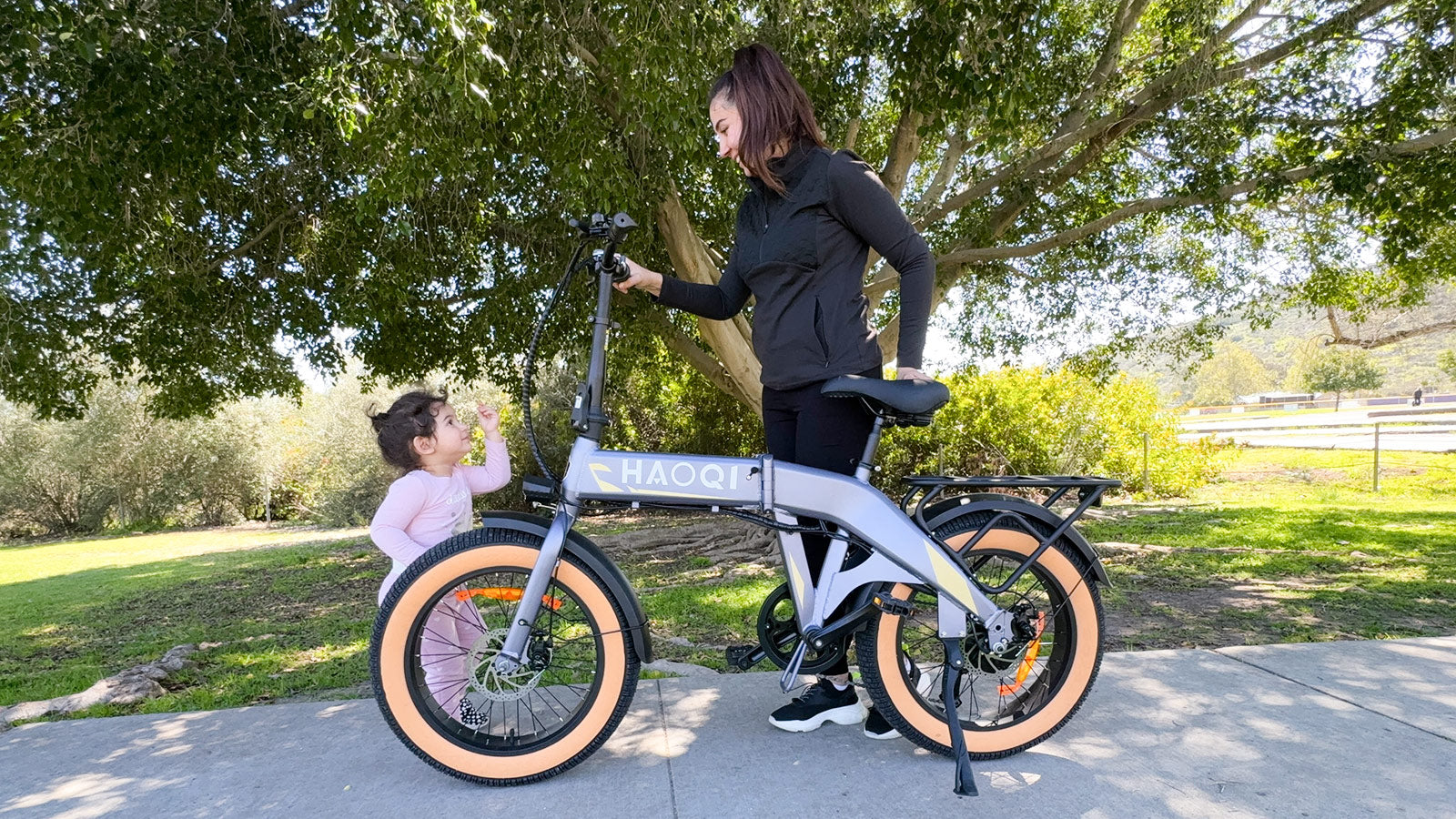




Leave a comment
All comments are moderated before being published.
This site is protected by hCaptcha and the hCaptcha Privacy Policy and Terms of Service apply.